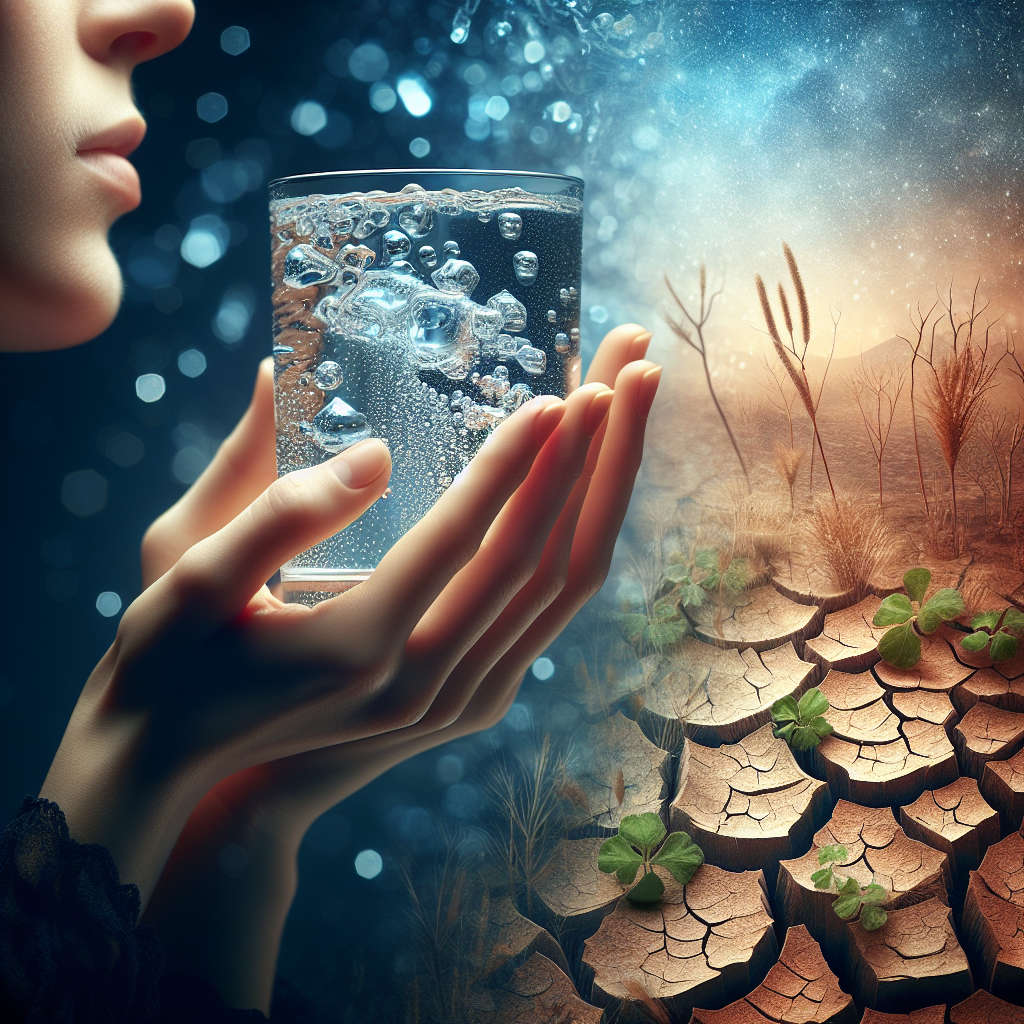How to Spot Dehydration Before It Gets Serious
Dehydration isn’t just about thirst. In fact, by the time you’re feeling thirsty, your body is already in the early stages of dehydration. From fatigue to fever, your body has subtle and not-so-subtle ways of signaling its need for more fluids. Whether it’s hot weather, illness, or simply forgetting to drink water during a busy day, understanding the signs can help you take action before it affects your health.
Why Hydration Matters
Your body is made up of about 60% water. That water supports nearly every system — regulating temperature, flushing toxins, lubricating joints, and even maintaining cognitive performance. When you lose more fluids than you take in, either through sweat, illness, or inadequate intake, the imbalance can lead to symptoms that range from annoying to dangerous.
10 Unexpected Signs You Might Be Dehydrated
1. Persistent Fatigue
If you’re constantly tired and struggling to focus, dehydration might be to blame. Water plays a crucial role in energy production and nutrient transport. Even mild dehydration can slow metabolic function, making you feel sluggish throughout the day.
2. Dry or Flushed Skin
Skin is your body’s largest organ and a key indicator of internal hydration. Dehydrated skin often feels dry, less elastic, and may appear flushed or irritated. When water is in short supply, the body diverts it away from the skin to protect vital organs.
3. Bad Breath
Saliva not only helps with digestion but also keeps your mouth clean by controlling bacteria. Without enough water, saliva production decreases — allowing bacteria to thrive and causing unpleasant breath. This is one of the first signs many people overlook.
4. Headaches or Migraines
When your body lacks fluids, it may constrict blood vessels to preserve volume, triggering headaches. For migraine sufferers, dehydration can increase frequency and intensity. Rehydrating with water and electrolytes may reduce symptoms.
5. Muscle Cramps and Spasms
Fluid helps muscles contract and relax efficiently. A drop in hydration, especially during hot weather or exercise, can lead to painful cramps or spasms. Electrolytes like potassium and sodium also play a role, so both water and balanced nutrition are key.
6. Sugar Cravings
When you’re dehydrated, your liver struggles to release stored glycogen, which can lead to cravings for sweets. If you suddenly find yourself reaching for candy or baked goods without a clear reason, try a glass of water first.
7. Dizziness or Lightheadedness
Dehydration affects blood volume, which can cause your blood pressure to drop — leading to feelings of dizziness or lightheadedness, especially when standing up quickly. This is a red flag that your fluid intake may be dangerously low.
8. Increased Heart Rate or Breathing
Your heart compensates for lower blood volume by beating faster. This elevated heart rate can also increase respiration as your body attempts to maintain oxygen delivery. If you notice your heart racing or breathing harder during minimal activity, rehydration is crucial.
9. Dark-Colored Urine
This is one of the most reliable indicators. Healthy, hydrated urine is typically pale yellow. When your body is short on water, your kidneys conserve fluids, making urine darker. If your urine is amber or honey-colored, it’s time to drink up.
10. Fever or Chills
In more severe cases, especially during hot weather or illness, dehydration can impair the body’s ability to regulate temperature — resulting in fever or chills. This often goes hand-in-hand with other symptoms like rapid heartbeat and low blood pressure.
How to Rehydrate Effectively
Start with Water — But Don’t Stop There
Plain water is the best first step, but it’s not the only one. When dehydrated, your body also loses electrolytes like sodium, potassium, and magnesium. Drinks that contain these — such as sports drinks or coconut water — can help restore balance.
Eat Hydrating Foods
Fruits and vegetables like watermelon, cucumbers, oranges, and strawberries are packed with water and nutrients. Including these in your diet can support ongoing hydration without relying solely on liquids.
Create a Hydration Habit
Don’t wait until you’re thirsty. Sip water regularly throughout the day, especially in hot weather, after exercising, or during illness. Carry a reusable water bottle and aim to refill it at least three times a day as a rule of thumb.
Final Thought
Dehydration doesn’t always shout — sometimes it whispers. The more you learn to recognize its quieter signs, the faster you can correct the imbalance and protect your health long-term. Staying hydrated is one of the simplest, most effective ways to improve your energy, mood, and performance every single day.


